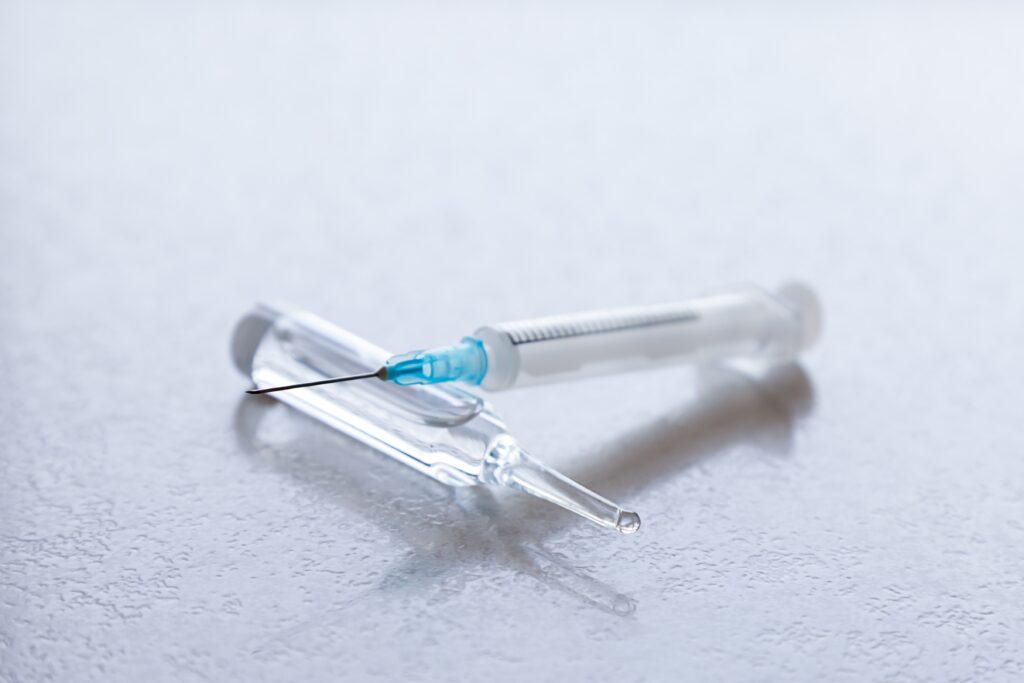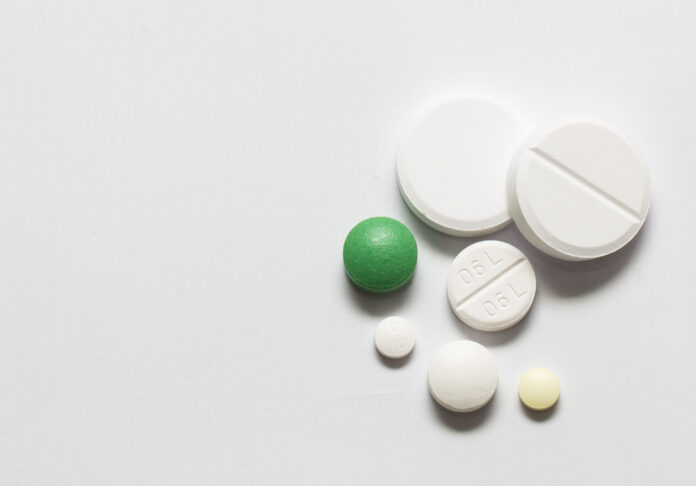Bacteria’s that heal us
What is an Antibiotic?
An antibiotic is a substance produced by microorganisms that inhibits or kills other bacteria. Antibiotics are used to treat bacterial infections and as growth promoters for livestock, poultry, fish, and pets. They also have been widely used in agriculture since the 1940s to prevent disease in animals raised for food. The term “antibiotic” was coined in 1917 when Alexander Fleming discovered penicillin during mold cultures.
How Do Antibiotics Work?
The way that an antibiotic works depend on which type you’re taking. Antibiotics kill off harmful germs, so your body doesn’t get infected with them. They also stop new germs from forming inside you. This means there’s less chance of getting ill again.
The Activity of Antibacterials
Most antibacterial agents are active against specific microorganisms, such as gram-positive and gram-negative organisms. The activity is usually determined by testing the agent on pure cultures of these types of bacteria. However, some antibiotics have a broad-spectrum activity that can be tested using mixed bacterial populations. For example, Penicillin G has been shown to inhibit the growth of both gram-positive and harmful bacteria.
Antibiotic Resistance
When a person takes an antibiotic for one type of illness, it may make other bugs resistant to that same class of medication. This happens because some bacteria change their DNA, so they no longer respond to certain medicines. These changes occur over time. And once they start happening, there aren’t many doctors can do except try new treatments. Antibiotic resistance has become a significant public health problem in the United States and around the world.
The World Health Organization estimates that each year there are 700 000 deaths worldwide due to antibiotic-resistant infections. In addition, it predicts that by 2050, if current trends continue, 10 million people will die annually of drug-resistant bacterial diseases such as tuberculosis or pneumonia. This means that we could be facing an epidemic of untreatable infectious diseases.
Medical uses
The primary purpose of antibiotics is to prevent or cure infectious diseases caused by pathogenic organisms that can be spread through contact with infected people or animals. They are usually administered orally, parenterally, topically, nasally, rectally, vaginally, intramammary, intradermally, subcutaneously, intravenously, intraperitoneally, or via inhalation.

When are antibiotics needed?
If you have an acute illness that needs treatment with antibiotics, ask your health care provider if this antibiotic would be appropriate for you. If so, follow their instructions carefully. Do not use more than what was prescribed unless directed otherwise. Do not stop taking any medication without first talking to your healthcare professional. Stopping medications suddenly may cause serious problems.
Why is it important to take antibiotics only when they’re needed?
Taking too much of any medicine can cause problems with how well your body works. Antibiotic use has been linked to an increased risk of heart disease, diabetes, kidney damage, liver failure, and other conditions. If you don’t get enough sleep, eat right, exercise regularly, and manage stress properly, taking extra antibiotics isn’t likely to make things worse. But if you’ve had surgery recently, you should talk to your doctor before starting new medications.
What happens if I miss my dose?
It’s essential to keep track of how many times you’ve taken each dose of your medication, so you know what’s working best for you. You should use the same method every day to help ensure accuracy.
What are the Side effects of antibiotics?
Some people experience unpleasant but harmless symptoms while having antibiotics. Other less common but potentially life-threatening reactions include liver damage, kidney failure, and rashes. If you experience these symptoms after starting antibiotics, stop taking them immediately and contact your healthcare professional.




